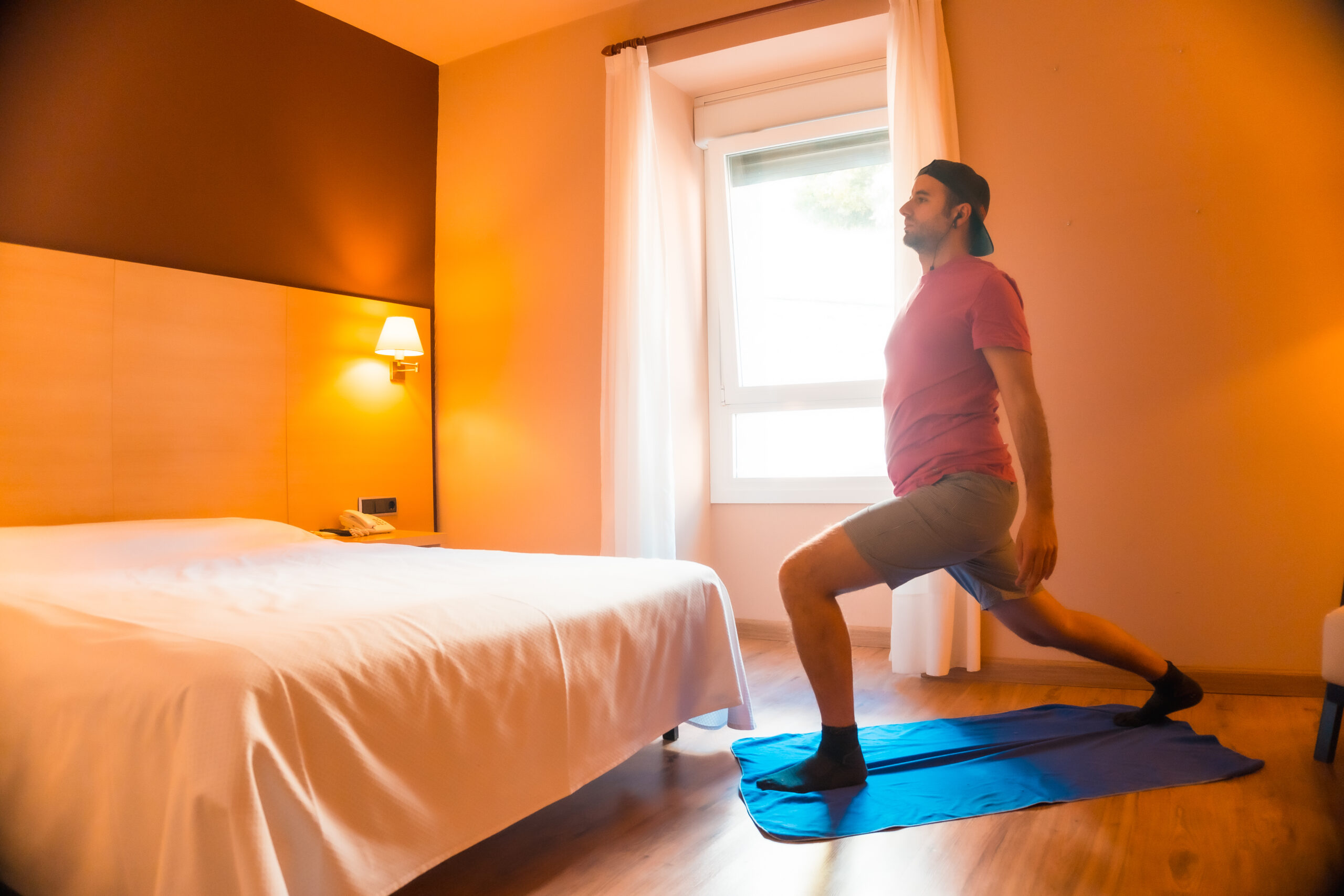Morning Routine
Set Aside 15 Minutes of Morning Quiet Time.
Establishing a daily morning routine that includes 15 minutes of quiet time is a valuable tool to support early recovery. This time of reflection and mindfulness can set the tone for the rest of the day and promote emotional well-being, which is crucial for maintaining mental stability.
During these 15 minutes, engaging in activities such as mindfulness meditation, reading from recovery literature, or journaling can help center ourselves and focus on recovery goals. Creating a consistent routine that prioritizes this time may require adjustments, but the benefits are well worth the effort. Starting the day with a clear and focused mind better equips us to face the challenges that come our way and stay committed to our recovery journey.
This small step can create a positive habit with lasting benefits for mental health and overall quality of life. By taking this time, we can experience greater calm and inner peace, reduce stress and anxiety, and better navigate the rest of the day.


Reading
We recommend having a quiet place in your home where you can sit and focus without distractions. To start your day with positivity, we suggest reading recovery material such as “24-Hours A Day,” a popular book from Hazelden Publishing.
Many people enjoy incorporating this book into their morning routine for a directed and uplifting message. Also, you could read a few pages from any of your favorite recovery books to set positive intentions for the day ahead.
Glen Cook
“Morning is wonderful. Its only drawback is that it comes at such an inconvenient time of day.”


More Benefits of Morning Quiet Time
Relieves Stress
Quieting your mind in the morning can help decrease stress by lowering cortisol levels. Allowing yourself to be in silence hits the reset button for your brain and refreshes it by simply slowing down. While we all feel stress from time to time, taking this simple step can make a big difference in your overall well-being.
Helps with information processing
Taking time to think, rest, and reflect is essential for our brains. However, during early recovery, morning thoughts can often become intrusive and overwhelming. By training our brains to anticipate peaceful moments first thing in the morning, we can provide our brains and body with sufficient time to calmly process the day’s upcoming plans and activities in a healthier manner.
Promotes self-awareness
Intentional periods of stillness can increase your self-awareness by allowing you to observe and accept your thoughts without judgement. This awareness of your mind and body provides valuable information that you can question compassionately and reflect on. The answers that arise from this quiet introspection can offer meaningful solutions to some of life’s toughest challenges.
Boosts creativity
Silence and stillness can tremendously benefit creativity. During early recovery, we rediscover how to live without relying on chemical support. To optimize this process, it is important to keep the mind calm and relaxed. Quieting the mind allows for enhanced creativity and clarity.
Improves concentration
Intentionally scheduling times of silence has become increasingly popular in recent years because modern noises and distractions relentlessly bombard our brains, making it difficult to focus. However, with a few weeks of practice, you can optimize your focus and experience significant improvements. You’ll be amazed at the results and want to continue the practice.
Stimulates brain cells
Quieting the mind can boost neural growth, according to a 2018 study. The hippocampus is the brain region linked to memory, emotions, and the ability to learn new stuff. When this region is given the opportunity to grow, amazing things happen!

Why is Meditation Recommended for Addiction Recovery?
Using meditation as a complementary approach to treating addictive disorders has been tried and proven. When combined with traditional therapies, this mind and body practice can enhance their benefits.
Meditation exercises the mind-body connection, aiming to induce a state of internal calm and peace while being completely safe.
You can start meditating for a few minutes as a beginner and gradually work up to longer sessions without any time constraints. It’s open to everyone, regardless of their religious or spiritual beliefs.
The activity emphasizes the present moment, focusing on thoughts, feelings, physical sensations, and surroundings, without judgment or labeling.
Morning Exercise
Choose at least one!

Quiet Reading
Light stretching
Yoga
Jogging
Meditation
Quiet, Mindful, healthy breakfast
gratitude list / journaling
Make your bed / Clean your room
RECOVER
